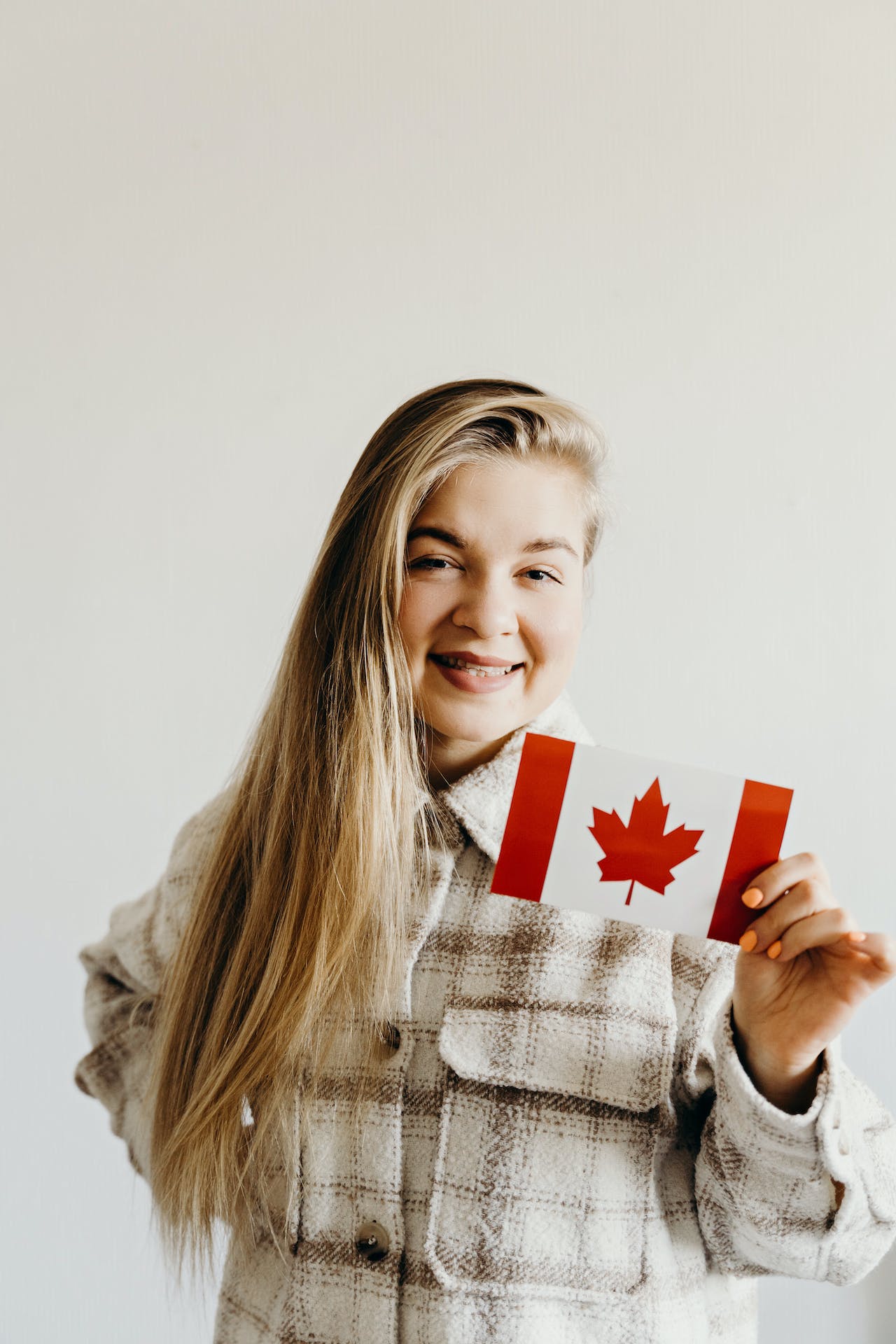For many newcomers arriving to Canada, their vision of the future includes one important experience: the day of their citizenship ceremony. Roughly 80% of eligible Canadian permanent residents chose to pursue citizenship in 2021; and attended a citizenship ceremony to formalise their new status.
Citizenship ceremonies are momentous occasions that happen every day in Canada—an important ritual that commemorates an individual’s commitment to their new home nation, and the nation’s commitment to them in-turn.
Due to the constant occurrence of citizenship ceremonies, and the introduction of online provisions, there are now multiple kinds of citizenship ceremonies that new Canadians can participate in. More specifically these are:
- Standard ceremonies;
- Enhanced ceremonies;
- Private ceremonies; and
- Reaffirmation ceremonies.
Schedule a Free Canadian Citizenship Consultation with the Cohen Immigration Law Firm
What happens during a citizenship ceremony?
Before exploring the different kinds of ceremonies, it may be beneficial to review what happens during a citizenship ceremony.
- During a citizenship ceremony, participants will:
- Take the Oath of Citizenship;
- Get their citizenship certificate;
- Sign the Oath or Affirmation of Citizenship form; and
- Sing the national anthem.
A citizenship judge or official will preside over the ceremony and lead the Oath of Citizenship. Usually, multiple people will take the oath of citizenship at once. The ceremony official will recite the oath in English and in French. As a group, individuals repeat the words of the oath back to the official. Individuals must repeat the oath in at least one of the official languages but are encouraged to say them in both. Participants will also be invited to sing the bilingual version of the national anthem.
New citizens can choose to swear or affirm the oath. Choosing to swear is for people who want to refer to their religious beliefs, while choosing to affirm is for people who don’t want to refer to religious text. If individuals want to swear the oath on a holy book of their choosing, they must bring it to the ceremony with them.
Once participants have taken the Oath of Citizenship, they have officially become Canadian citizens. Immigration Refugees and Citizenship Canada (IRCC) will provide a citizenship certificate as proof of Canadian citizenship status, which will display the date on which the ceremony took place.
Standard citizenship ceremonies
A standard in-person ceremony takes place either in a ceremony room at the local (IRCC) office or at an alternate location if the local office venue is unavailable or insufficient. Alternatively, this can also be done online in a standard video oath ceremony, which is conducted using video conference meeting software.
Extra elements can be incorporated into a standard in-person standard ceremony. For instance, children who are present may be invited to gather at the front of the room to sing the national anthem or be acknowledged for their future leadership role in Canada. Following the oath of citizenship, new citizens may be encouraged to congratulate one another.
Note that the inclusion of one or more of the following additional elements, do not categorise the ceremony as “enhanced” (more on this later):
- The participation of children;
- Special speaking points for the presiding official the presence of elected officials (federal, provincial, municipal), veterans;
- Indigenous guest speakers;
- Royal Canadian Mounted Police (RCMP) or, Canadian Armed Forces (CAF) members; and/or
- Media representatives.
Enhanced citizenship ceremonies
An enhanced ceremony is when a standard ceremony is held with one or more of the following elements also featured:
- One or more external partners or host organisations, such as non-profit organisations (for example, Institute for Canadian Citizenship), educational institution or service organisation (for example, Lions Club of Toronto), and/or any level of government (for example, Parks Canada);
- Special guest appearances, such as those featuring the president of a host organisation, a school principal, special performers (poetry readers, singers, dancers), Indigenous performers (Indigenous dancer, drummer or singer; which are different from an Indigenous speaker offering a prayer, words of welcome and congratulations);
- High-ranking officials, such as the prime minister of Canada, the minister of IRCC, the governor general, a lieutenant governor, a commissioner of the territories, a designated speaker, excluding elected officials, veterans, members of the RCMP, members of the CAF and Indigenous speakers; and/or
- A reception (in-person ceremonies only).
Private citizenship ceremonies
Private ceremonies are those closed to the public, usually for a specific family or individual. These can be conducted in specific situations, including:
- A special grant under subsection 5(4) (special cases) of the Citizenship Act;
- Terminally ill candidates who are unable to travel; and/or
- Other urgent or extenuating circumstances.
Reaffirmation ceremonies
A reaffirmation ceremony is an official occasion where patriotic Canadians recite the citizenship oath to express their dedication to Canada.
It is possible for anyone to arrange such a ceremony in their community, workplace, or educational institution. The individual leading the group in reciting the citizenship oath does not require authorization from the Registrar of Citizenship to fulfill this role. This person can be a citizenship judge, a recipient of the Order of Canada, a school principal, or the leader of a community group.
Schedule a Free Canadian Citizenship Consultation with the Cohen Immigration Law Firm






















